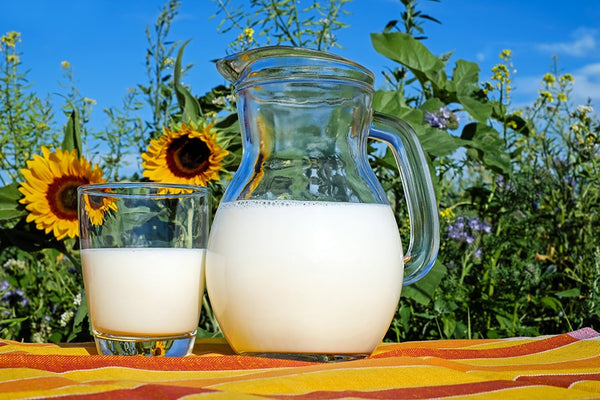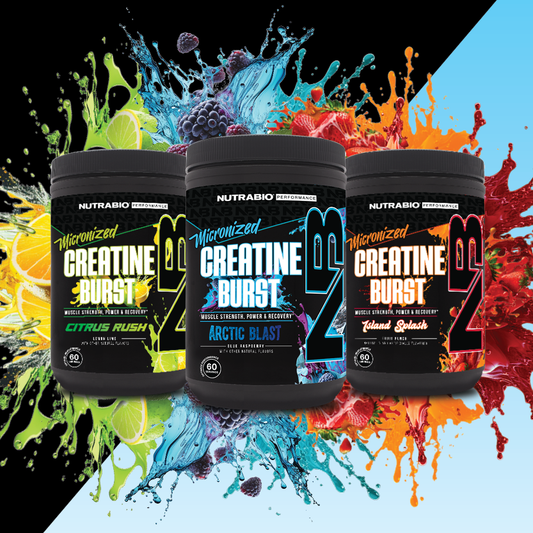In all likelihood, carbohydrates are your primary fuel source during exercise, and carbohydrates are roughly 50% of your fuel at rest while the other 50% comes from fat. Carbohydrates are used during exercise because they are the only fuel that can go through the metabolic process of glycolysis. When carbohydrates are in short supply, the body may convert other nutrients to glucose by a process known as gluconeogenesis, which occurs primarily in the liver but also the kidneys and small intestine. The two primary amino acids that may be converted to glucose are glutamine and alanine. Glutamine is the only amino that is used to make new glucose in the kidneys and small intestine.
Glutamine’s Role in the Body

If you have an interest in glutamine, you may have already viewed our #FastFact video on glutamine, and yes, it is pretty worthless for muscle protein repair and recovery unless you’re deficient in glutamine (which you are probably not). Glutamine is the most abundant amino acid in the body, but it is conditionally essential, which means that under certain conditions such as a low-protein diet or extreme stress, glutamine may need to be eaten to maintain adequate body levels. Under such circumstances it can trigger muscle recovery processes, but it will also serve to dispose of urea and ammonia, maintain nitrogen homeostasis in the brain, absorption of nutrients, and other functions.
Glutamine for Endurance

Under most circumstances, athletes don’t need to concern themselves with supplementing glutamine, only eating the proper amount of protein. Exceptions exist to most every rule, though, don’t they? One of the exceptions here is that glutamine can aid the athlete during periods of low carbohydrate availability. Proper carbohydrate consumption (low-carb diets only slightly withstanding) is discussed in the same link in the first sentence of this paragraph. Low-carbohydrate availability can be a low-carbohydrate diet or high rates of carbohydrate oxidation by the muscles without sufficient replacement. High rates of carbohydrate oxidation without adequate replacement, such as intense or long-duration endurance exercise, is an extreme stressor.
That may sound like a bad thing, but exercise stress it what ultimately forces the body to adapt and become better. When carbohydrate is insufficient, glutamine provides an alternative method to obtain glucose and prevent the stress from becoming overwhelming.
Glutamine’s Purpose in a Sports Drink

EndurElite’s sports drink, SustainElite, contains 300mg of glutamine per serving. It may sound like only very little, and that is true. Alongside the 30 grams of carbohydrate, glutamine should only be minimally converted, and if enough SustainElite is consumed, perhaps none at all.
In which case, it would still be used to generate intermediate compounds involved in energy production and protect against urea/ammonia, which will be generated faster during exercise than at rest. Urea and ammonia are “nitrogenous wastes.” That may sound like a science fiction term for a desolate area on Mars, but what it means in biology is that we’re disposing of protein – some of which will be muscle protein. By providing sources of nitrogen (glutamine, alanine, glycine, and the BCAAs), we can “trick” the body in to already thinking that muscle proteins have been broken down and released.
Will Glutamine Make or Break Your Performance?

The simple answer here is no, but it can definitely help. Even under normal circumstances, glutamine can help with glycogen synthesis, and this is more pronounced during periods of low-carbohydrate availability. Exercise is an extreme stress, and it will tax virtually every metabolic process in the body. Meeting energy demands is the #1 concern for fueling exercise. However, consuming the proper nutrients to meet each unique metabolic demand is more complex than simply providing energy. Glutamine is one such nutrient that facilitates many processes critical to endurance athletes.


